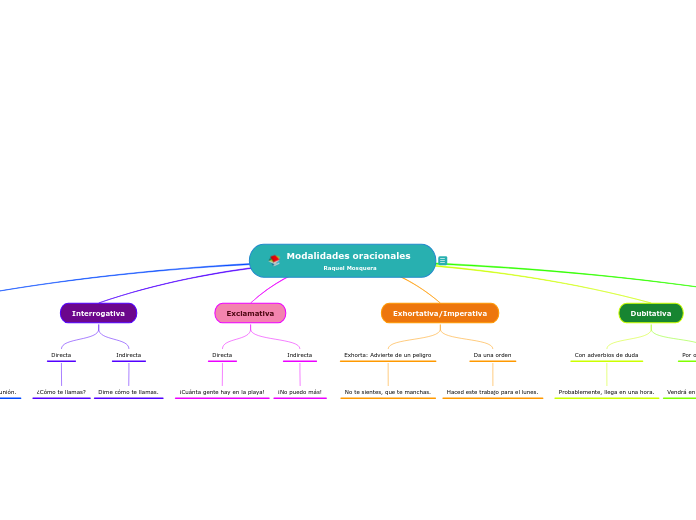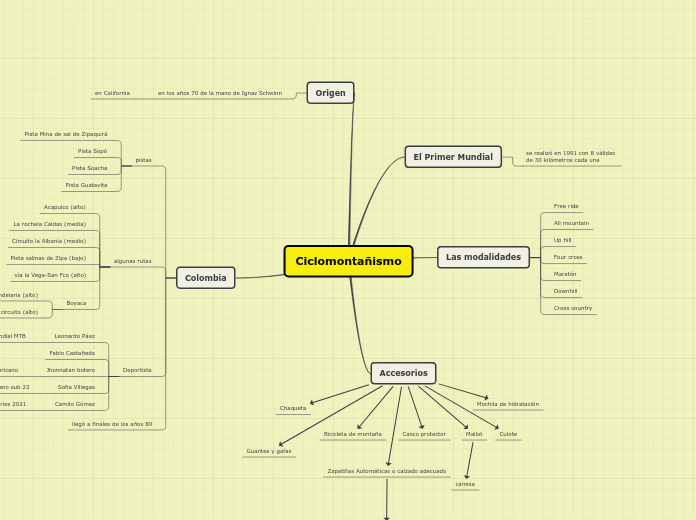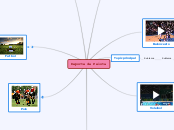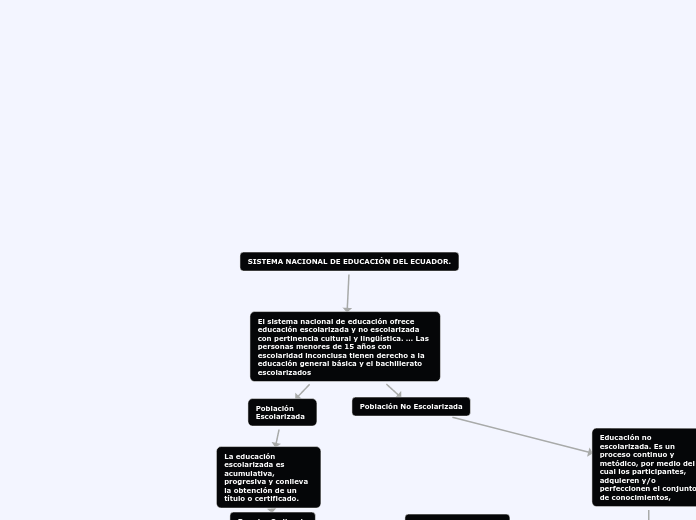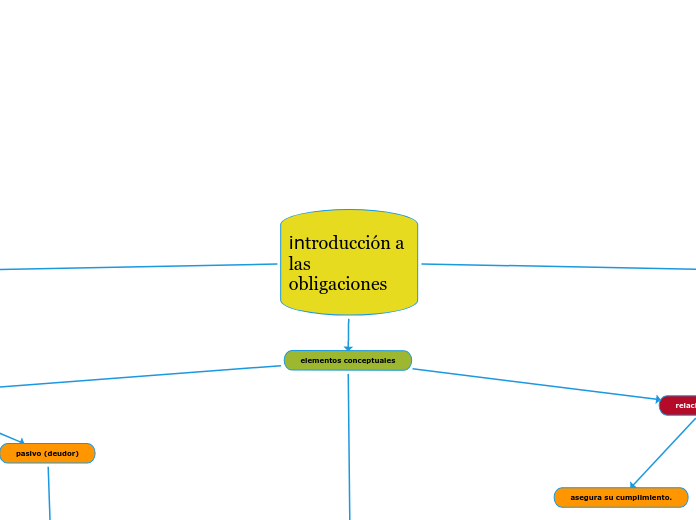Modalidades oracionales Raquel Mosquera
Una modalidad oracional es la actitud del hablante ante el contenido de la oración o del enunciado. En efecto, un mismo enunciado puede presentarse de muy diversas maneras:
Está nevando esta mañana.
¿Está nevando esta mañana?
¡Está nevando esta mañana!
¡Ojala nieve esta mañana¡
Tal vez nieve esta mañana.
Según su modalidad, las oraciones pueden ser: enunciativas, interrogativas, exclamativas, exhortativas, desiderativas y dubitativas.
Senses send messages through receptor cells to our brain, using our nervous system.
Desiderativa
Expresa un deseo.
Ojalá haga buen tiempo.
Dubitativa
How we taste:
Tongues also have chemical sensors to give a sense of taste.
Por otros medios
Vendrá en tren, pero no sé.
Con adverbios de duda
List a thing you can taste.
Example: cake, chocolate, pizza
Probablemente, llega en una hora.
Add a describing word for that thing.
You can choose from the examples below:
sweetsaltysourgoodbad
Exhortativa/Imperativa
How we smell:
Our noses have sensors that detect chemicals that make up a smell.
Da una orden
Haced este trabajo para el lunes.
Exhorta: Advierte de un peligro
List a thing you can smell.
Example: laundry detergent on clothes, perfume, food from the restaurant
No te sientes, que te manchas.
Add a describing word for that thing.
You can choose from the examples below:
nicestinky
Exclamativa
How we hear:
Our ears have sound sensors in the inner ears.
They also have sensors that work on keeping you balanced and aware of where you are in your environment.
¡No puedo más!
List a thing you can hear.
Example: clock ticking, birds chirping
¡Cuánta gente hay en la playa!
Add a describing word for that thing.
You can choose from the examples below:
loudsoft
Interrogativa
How we see:
Our eyes translate light into image signals so the brain can process them.
Indirecta
Dime cómo te llamas.
Directa
List a thing you can see.
Example: sunset, picture
¿Cómo te llamas?
Add a describing word for that thing.
You can choose from the examples below:
prettyuglydirtycleanbiglittle
Enunciativa
How we feel:
The receptors from our skin send touch signals to the brain.
Negativa
Ayer no vino a la reunión.
Afirmativa
List a thing you can feel.
Example: sand, a fine silk coat, a fluffy teddy bear
Me ha encantado la película.
Add a describing word for that thing.
You can choose from the examples below:
hotcoldroughsmoothsofthardwetdry
